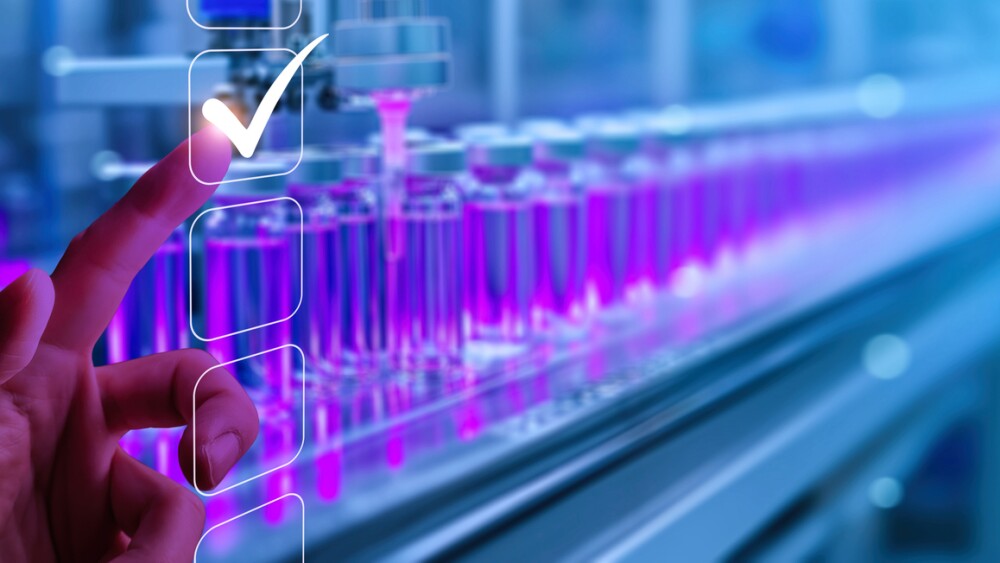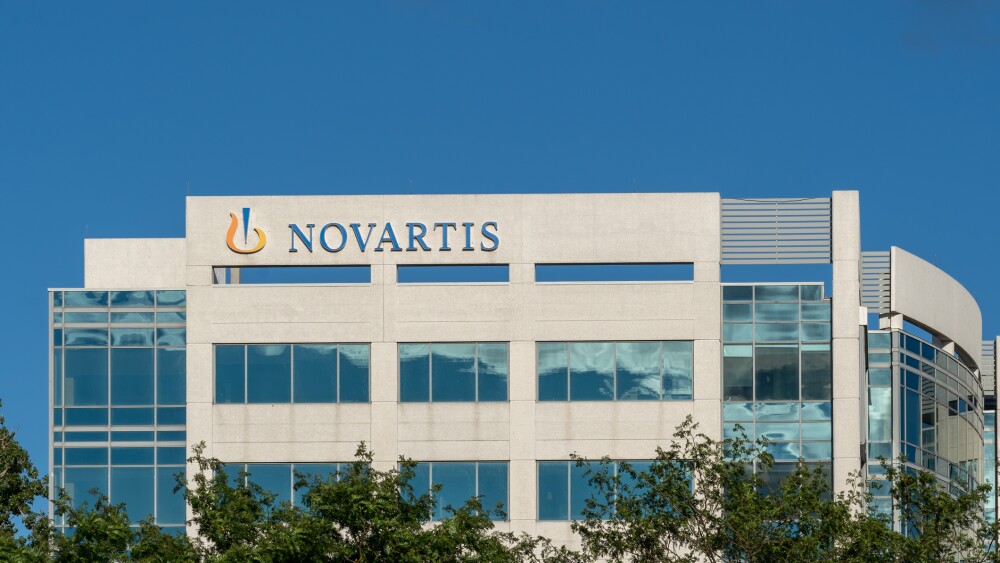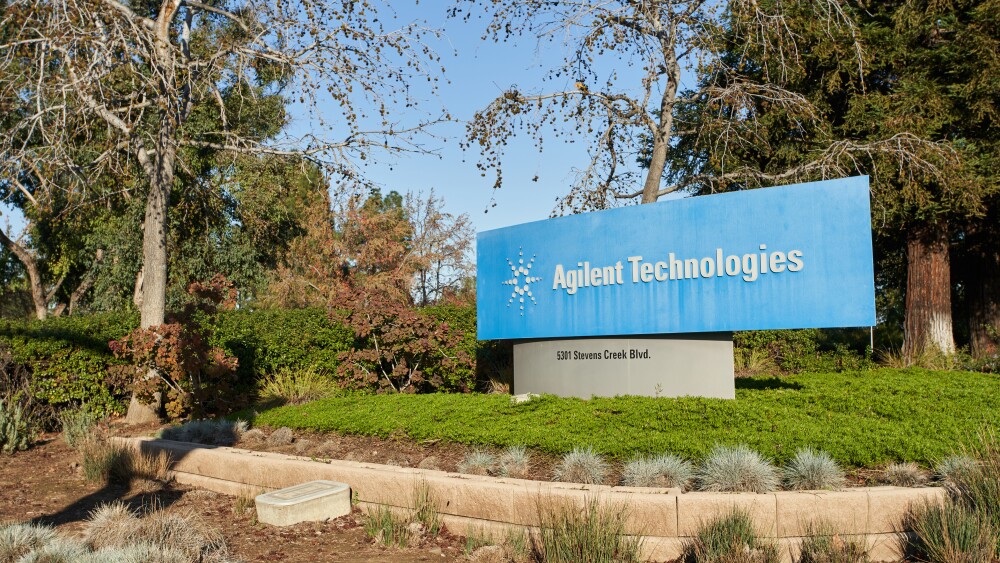Facilities and care team tailored for patients with complex medical needs
Specialized protocol includes optimized dosing and therapeutic support for patients with conditions like Parkinson's and multiple sclerosis
Initial cohort of patients includes country music star Clay Walker and NFL Hall of Famer Brett Favre
Vancouver, British Columbia, June 09, 2025 (GLOBE NEWSWIRE) -- Ambio Life Sciences, the global leader in integrative ibogaine treatment, has announced the launch of the world’s first clinical ibogaine program designed to accommodate patients with neurodegenerative conditions, including Parkinson’s, multiple sclerosis (MS), essential tremor, stroke, traumatic brain injury, and ALS.

Ambio’s new clinical program offers access to ibogaine for people with Parkinson’s, MS, and other neurodegenerative and medically complex conditions.
Soft-launched in February 2025, Ambio’s Neuroregenerative Program has supported 30 patients to date in an accessible, dedicated treatment facility.
The program was developed with two goals: to safely accommodate a growing population of patients seeking ibogaine for neurodegenerative conditions, and to gather real-world data that may inform future research and care.
“For too long, people living with conditions like Parkinson’s and MS have had few options beyond symptom management,” said Ambio CEO and Co-Founder Jonathan Dickinson.
“We’re creating a safe, structured environment for people with these conditions to explore ibogaine, and we could be on the cusp of uncovering how ibogaine may support brain healing in ways we don’t fully understand today.”
Neuroregenerative Program Structure and Patient Experience
Ambio’s protocol draws from the best available scientific and clinical data to optimize ibogaine dosing for tolerability in individuals with neurodegenerative and medically complex conditions.
Care is delivered by a multidisciplinary team in facilities equipped to accommodate mobility and safety needs. Weekly group meetings offer continuity of support throughout the treatment process and beyond.
“As both a clinician and an MS patient, I’ve experienced the complexity of these conditions and the limitations of traditional treatments,” said Lyndsey Ryan, LPC, LAC, ACS, Ambio’s Chief Therapy Officer and lead Neurodegenerative Program therapist.
“The relief some patients are reporting so far is motivating, including improvements in eyesight, mobility, and neuropathic pain.”
While the program does not claim to cure or reverse neurodegenerative disease, it offers a supportive, medically guided setting for patients exploring ibogaine as part of a broader strategy to manage their health, regain functionality, and contribute to a growing body of real-world knowledge.
“Every participant is helping us learn what’s possible. Their courage is accelerating insights that would take years to gather through traditional clinical trials,” Ryan said.
Among the early participants in the program are Billboard-charting country music artist Clay Walker and NFL Hall of Famer Brett Favre, both of whom sought care with Ambio following diagnoses of progressive neurological conditions.
Favre was diagnosed with Parkinson’s in January 2024 after he began experiencing decreased mobility in his dominant arm. Specialists have suggested repetitive head trauma sustained over his 20-year NFL career may have triggered the disease.
“I was told about ibogaine from a friend who completed the treatment and was blown away by the results,” Favre said. “Since coming to Ambio, I’ve felt a real shift, especially in my sleep and energy. For athletes facing long-term effects from their careers, ibogaine is something worth looking into.”
Walker’s multiple sclerosis diagnosis came at the height of his music career in 1996. Despite a prognosis that he would be wheelchair bound and succumb to the disease within a decade, Walker has continued to record, tour, advocate, and seek alternative treatments since.
“My journey with ibogaine was extraordinary,” Walker said. “It relieved what we call the ‘MS hug,’ that painful tightness in the abdomen, and gave me clarity, focus, and real relief from stress. It’s not for everyone, so I’d encourage others to speak with their doctor, but it touched every part of me: physical, mental, and spiritual. My hope is that ibogaine can one day complement the treatments MS patients already rely on.”
Research Collaboration to Investigate Ibogaine’s Role in Neuroregeneration
Health data is being collected from all consenting program participants, building on key findings from two recent Ambio-led studies:
- A 2024 Stanford collaboration in which 30 special operations veterans with traumatic brain injury (TBI) showed measurable improvement following a single ibogaine treatment
- A 2025 case report documenting significant lesion reduction and neurostructural changes in two patients with progressive MS
Preclinical studies show that ibogaine and its metabolite, noribogaine, can stimulate GDNF, a growth factor that supports dopamine-producing neurons lost in Parkinson’s disease.
While GDNF has been the focus of experimental therapies for years, most approaches require invasive brain surgery and have shown mixed results. Ibogaine may offer a non-invasive way to stimulate GDNF, presenting a promising new direction for future research.
“We hope ibogaine is engaging pathways of neurorepair, but we need more data to understand exactly what’s happening,” Ryan said. “It’s rare in any treatment setting to witness meaningful changes this quickly. We owe it to patients everywhere to investigate how and why they might be improving.”
Ambio is conducting preclinical research in partnership with Dalhousie University, supported by a grant from Mitacs, a Canadian innovation accelerator. Researchers aim to examine ibogaine’s effect on neuroinflammatory biomarkers and disease models for Parkinson’s, MS, and stroke. The program remains experimental, data collection is ongoing, and Ambio plans to share findings when research milestones are met.
“This work may help define what ibogaine treatments for neurodegenerative diseases could look like in the future,” Dickinson said. “Even if we don’t fully know what shape that will take yet, preclinical research and each patient’s experience brings us closer to understanding how ibogaine may support neurorepair.”
For more information on the program or to apply, visit https://ambio.life/personal-change/ibogaine-regeneration/.
About Ambio Life Sciences
Ambio Life Sciences is the global leader in integrative ibogaine treatment, setting a new benchmark for clinical quality, patient safety, and therapeutic innovation. With over 50 years of combined experience, Ambio’s founding team brings together unmatched expertise in medical protocols, research leadership, and ethical ibogaine care. Operating world-class clinics in Baja California, Ambio delivers medically supervised programs for addiction, traumatic brain injury, psychological trauma, chronic pain, and neurodegenerative conditions. The company also works with high-performance individuals – including special operations veterans, elite athletes, and creative professionals – seeking sustainable personal optimization. Driven by science and grounded in deep clinical experience, Ambio is advancing a new paradigm in mental health and recovery, one that empowers individuals to reclaim agency and lead more adaptive, meaningful lives.
Press inquiries
Ambio Life Sciences
https://ambio.life
Victoria Dekker
victoria@ambio.life





